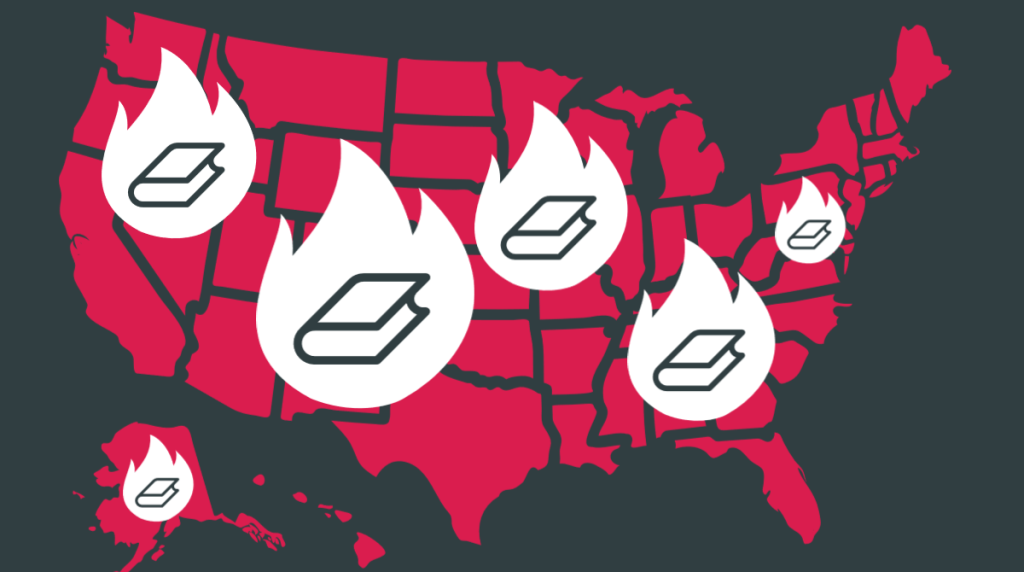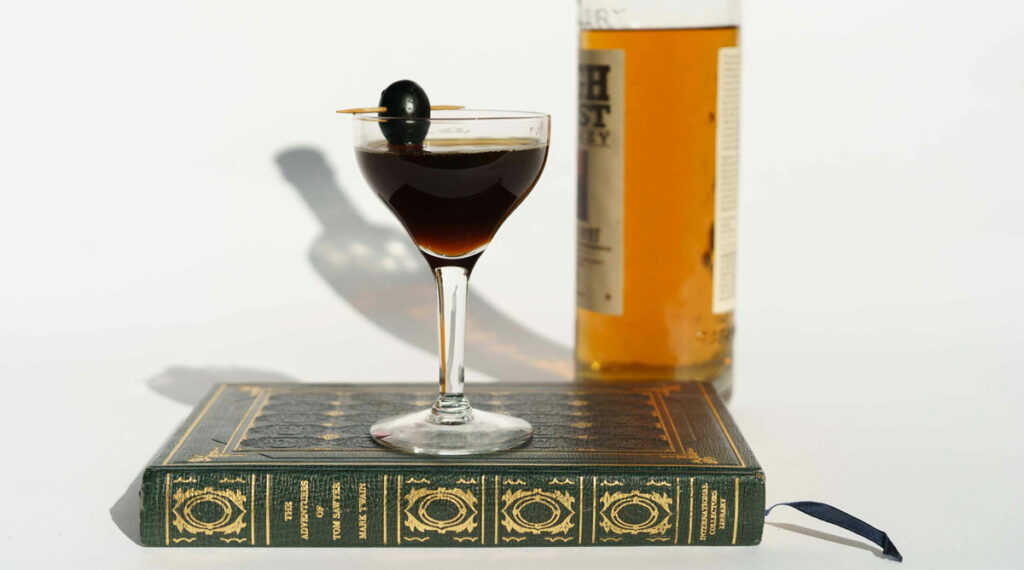Libraries stand up for everyone’s right to read, even materials that might be considered controversial. This week, the American Library Association’s Office for Intellectual Freedom (OIF)—which tracks censorship attempts in libraries and schools—announced their list of the top 10 most challenged books of 2020.
Last year, OIF tracked challenges and bans to more than 273 books. Many titles were challenged due to content addressing racial justice or including stories of Black, Indigenous, or people of color. Books featuring LGBTQIA+ characters and themes have also long been targets of censorship, and this trend continued in 2020.
Below are the top 10 most challenged books of 2020:
- George by Alex Gino
Challenged, banned, and restricted for LGBTQIA+ content - Stamped: Racism, Antiracism, and You by Ibram X. Kendi and Jason Reynolds
Banned and challenged because of the author’s public statements, and because of claims that the book contains “selective storytelling incidents” and does not encompass racism against all people - All American Boys by Jason Reynolds and Brendan Kiely
Banned and challenged for profanity, drug use, and alcoholism, and because it was thought to promote anti-police views, contain divisive topics, and be “too much of a sensitive matter right now” - Speak by Laurie Halse Anderson
Banned, challenged, and restricted because it was thought to contain a political viewpoint, it was claimed to be biased against male students, and for the novel’s inclusion of rape and profanity - The Absolutely True Diary of a Part-Time Indian by Sherman Alexie
Banned and challenged for profanity, sexual references, and allegations of sexual misconduct by the author - Something Happened in Our Town: A Child’s Story About Racial Injustice by Marianne Celano, Marietta Collins, and Ann Hazzard, illustrated by Jennifer Zivoin
Challenged for “divisive language” and because it was thought to promote anti-police views - To Kill a Mockingbird by Harper Lee
Banned and challenged for racial slurs and their negative effect on students, featuring a “white savior” character, and its perception of the Black experience - Of Mice and Men by John Steinbeck
Banned and challenged for racial slurs and racist stereotypes, and their negative effect on students - The Bluest Eye by Toni Morrison
Banned and challenged because it was considered sexually explicit and depicts child sexual abuse - The Hate U Give by Angie Thomas
Challenged for profanity and because it was thought to promote an anti-police message
For more information about censorship in libraries and schools, visit the OIF website.



